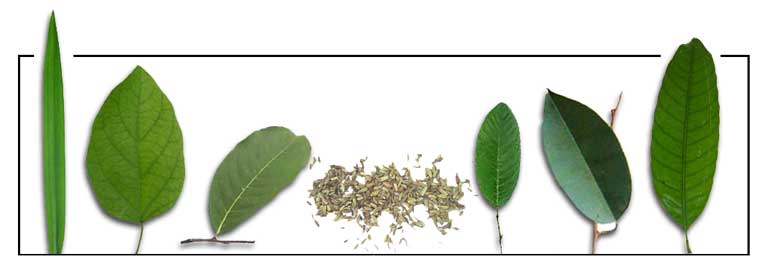
Pito-pito


Pito-pito (literally, seven-seven) is a blend of seeds or leaves from seven
traditional herbal medicinal plants, usually prepared as a decoction
or a poultice and used in a wide variety of folkloric applications:
headaches, fever, cough, colds, migraine, asthma, abdominal pains, diarrhea,
etc. The ingredients vary according to availability and intended use.
Seven (pito) is believed to be numerologically essential to the efficacy
of the eventual formulation. In the urban and suburban areas, it has become part of the alternative new-age menu as a herbal tea blend. Commercial tea preparations substitute one or two ingredients with other herbal medicinal components. Popular substitute in commercial herbal blends are gout-kola (takip-kohol, Centella asiatica). For local wild-crafted use,common substitutes are pineapple and kaimito leaves.
Availability |
||||||||||||||||||||
Updated April 2020 /October 2014
![]()
 |
| Photos © Godofredo Stuart / StuartXchange |
Link to individual herbs |
DOI |
• |
| List of Understudied Philippine Medicinal Plants |
 |